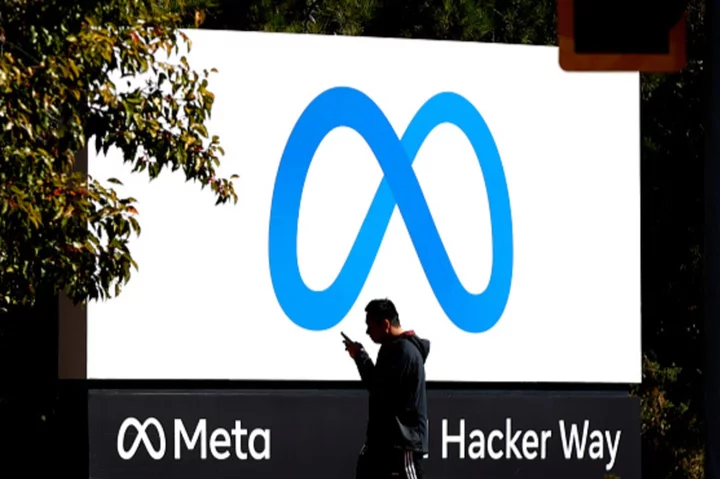Meta will launch a paid-for, subscription-based version of Facebook and Instagram.
The company will allow people to pay up to €13 to have no ads appear on those apps.
The change has been made to comply with European Union regulations, it said. As such, it will only be available to people in the EU, the European Economic Area and Switzerland.
The monthly subscription plans for users in the EU, European Economic Area and Switzerland, will cost 9.99 euros ($10.58) for web users, while iOS and Android users will have to shell out 12.99 euros a month. The difference is to account for the fees taken by Apple and Google for payments on its platforms, Meta said – a move that follows a similar price difference for Twitter’s premium offering.
The EU regulations threaten to curb Meta’s ability to personalize ads for users without their consent and hurt its major revenue source.
Users across the world will continue to be able to use the site for free, and will see no change to their experience as a result, Meta said. But offering the paid-for subscription version allows Meta to comply with “the requirements of European regulators”, the company said, after a recent ruling.
Having the option of paying for a version of Facebook and Instagram with no ads means that people will have more clearly consented to having their data used for marketing, Meta suggested it in its announcement. That in turn means it will better comply with European regulations, it said.
The world’s most popular social media network has been under antitrust pressure in the EU. In July, it lost its fight against a German data curb order as Europe’s top court backed the German antitrust watchdog’s power to also investigate privacy breaches.
Offering a choice between a free, ad-supported plan and an ad-free paid subscription might lead to users opting for the former, helping Meta to comply with the regulations without affecting its ad business.
Meta was fined 390 million euros earlier this year by Ireland’s Data Privacy Commissioner, and was told it cannot use the so-called “contract” as a legal basis to send users ads based on their online activity.
The company later said it intended to ask users in the EU for their consent before allowing businesses to target ads in order to address evolving regulatory requirements in the region.
Additional reporting by agencies
Read MoreThreads is not dying, Mark Zuckerberg insists
Letitia James and 32 other attorneys general sue Meta for ‘harming youth’
People’s Instagram posts are showing where they are not expected









